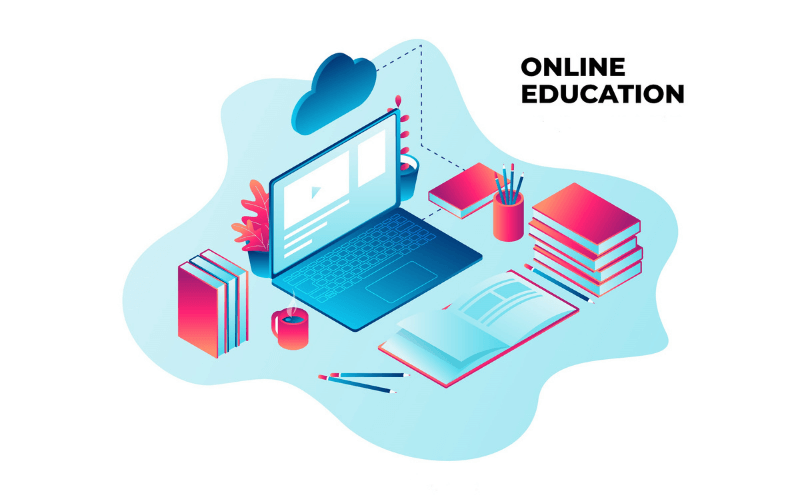Status of the education industry
The current situation of Vietnam's education sector compared to other countries in the world:
- Vietnam's education sector has achieved certain achievements. Vietnam's general education is equivalent to the group of developed countries (OECD) in the top 40, higher education in the top 70, vocational training at about 90. According to the 2020 assessment report of According to the World Bank, Vietnam's Human Capital Index ranks 38th out of 174 economies, in which, Vietnam's education component ranks 15th, equivalent to countries such as the Netherlands, New Zealand and Sweden.
- However, due to the impact of Covid-19, Vietnam's education industry, like other professions, has faced many difficulties and challenges. To ensure health and safety, and to comply with the state's social distancing policies and regulations, schools and educational institutions must suspend operations, affecting the progress of programs. training program. However, from another perspective, besides the negative effects, the Covid-19 epidemic also contributes to building and strongly developing digital platforms, providing an online environment for training and learning. , creating momentum to promote the digital transformation process in the education industry.





